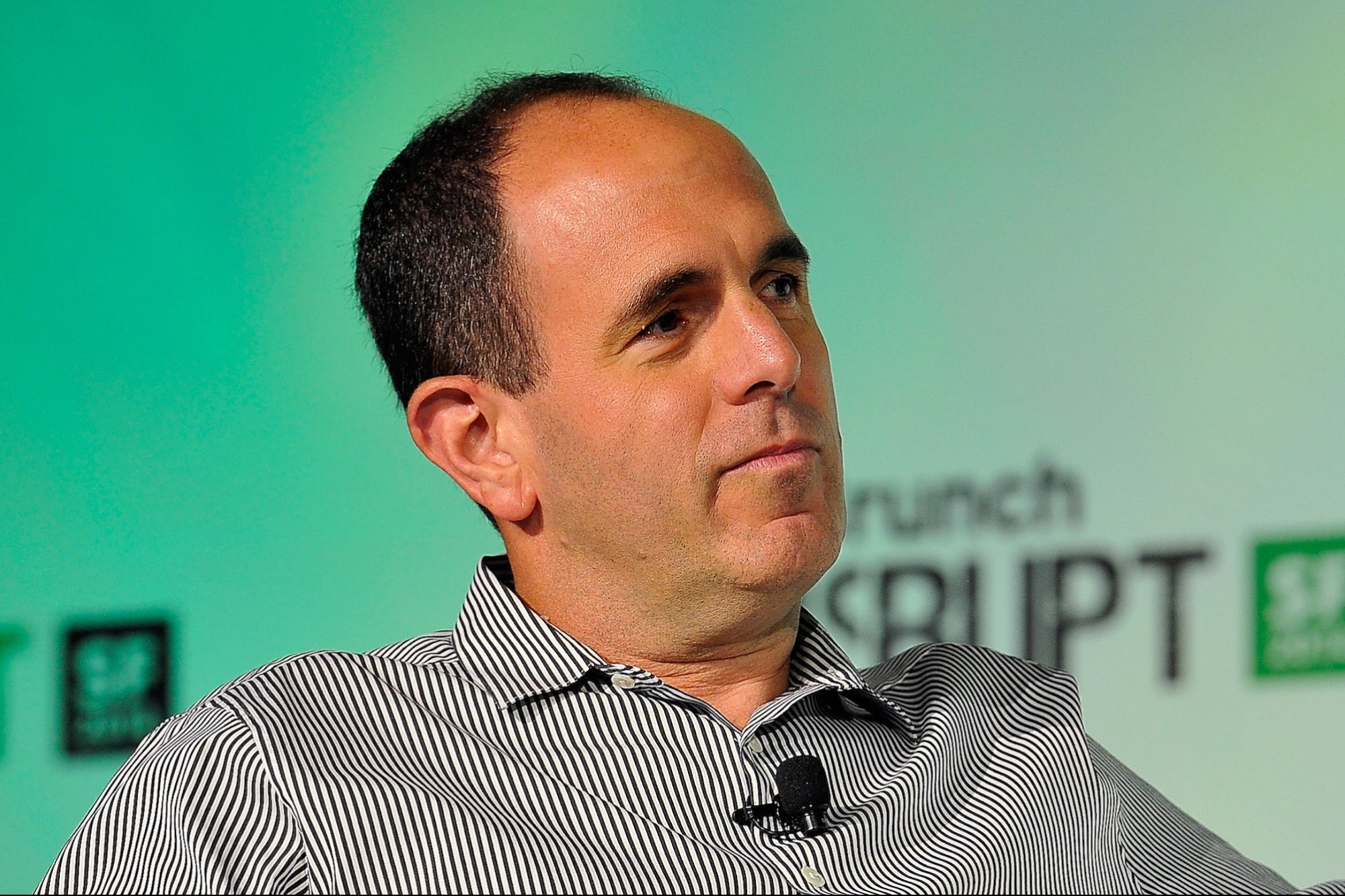The Real Threat of ChatGPT Isn't The Tool Itself — This Is.
The controversy surrounding ChatGPT provides a glimpse into what is possible with AI, while also raising some critical questions.

By Adam Horlock •
Opinions expressed by Entrepreneur contributors are their own.
ChatGPT can pass law school exams, write articles and possibly aid in classroom cheating. The power of AI is evolving so rapidly that more headlines will arise on what it can do next (and the problems that could be created as a result).
What does the controversy surrounding ChatGPT tell us, and what's next as tech giants like Microsoft bring billions in new investment?
Where AI stands now
ChatGPT's ability to pass law school exams demonstrates AI's power. It is an exciting development for researchers and tech companies as it shows that AI can interpret concepts, understand language nuances, and provide detailed answers. This could open up several possibilities for AI-based applications in various industries, from healthcare and finance to startups.
While ChatGPT's achievement is impressive, it does highlight one significant limitation with current AI technology: it still requires humans to provide input and review the output before it can be used in the real world.
For example, while ChatGPT was able to pass a law school exam on its own, it was not able to answer all of the questions correctly on its own. To use and achieve a higher score, humans need to review and edit answers before they can be submitted.
Related: The 3 Biggest Artificial Intelligence (AI) Trends in 2023
What ChatGPT's controversy tells us now
The controversy around ChatGPT is an example of misplaced faith in the power of artificial intelligence. This technology will continuously disrupt tech and many industries for years to come. It will improve, simplify tasks, get content written faster, and forever change our work. What it will not do is replace human experience and connection. It cannot use human knowledge and understanding to think through decisions and strategies (not yet, anyway).
ChatGPT leverages AI to decipher complex topics but falls short regarding strategy. It simply cannot deliver the same thoughtfulness and care as a well-crafted strategy. This is not to say that AI technology does not have powerful applications, but its applications are limited and should not be relied upon for telling us how best to approach future scenarios in any given situation.
OpenAI brilliantly developed ChatGPT to pull data from existing, readily available content, primarily from Google. But just as a Google search will first produce content with the best SEO, ChatGPT will pull data that it thinks is the most relevant match but not necessarily the best match. Moving forward, we must remember that even though AI technology can help us get faster answers, sound strategies will always be necessary for better decision-making and action.
By relying solely on machine learning, ChatGPT has reminded us that artificial intelligence cannot solve all problems entrepreneurs face. Flexibility is needed to anticipate and respond to changing market conditions and address questions that do not lend themselves to formulaic responses.
Related: How Businesses Use AI to Boost Revenue
Moreover, AI must be used with experienced decision-makers who understand the nuance of each situation and can take relevant action. We must carefully consider problems where AI can come up short and instead place decisions in the hands of human expertise.
This controversy underlines the importance of human knowledge for making informed decisions, demonstrating that no matter how advanced technology may become, it will never replace good judgment.
Related: How to Leverage Artificial Intelligence in Public Relations
What's next?
As tech giants like Microsoft make massive investments in AI research and development, we will see more AI breakthroughs. However, as we move forward with these developments, we must consider both the potential benefits and drawbacks of using this technology — especially regarding ethical considerations such as privacy concerns or automated decision-making processes.
The controversy surrounding ChatGPT tells aspiring entrepreneurs that having a sound strategy is paramount if they want growth and scale. It is easy to get enamored with the promise of automated content, but without a plan to effectively reach and engage ideal audiences, it will not make much of an impact.
What does sound strategy look like when implementing ChatGPT or the others that will follow from Microsoft and Meta?
- First, strategy begins with asking questions of yourself and your team. What can we produce that is unique to our brand, offerings and audience? What content do we have that is a me-only differentiator that no one else owns? If unable to answer, it is time to define your brand's story.
- With your brand's original content, how does it connect with the intended audience? Are there better or more direct ways of simplifying that content to get your audience more engaged? Again, think about how this can be completed and implemented without AI.
- ChatGPT comes last, not first. Use the technology to improve what your brand already owns and represents in the market. Develop a brand strategy based on what is owned, push that message to the right audience, and only then utilize AI to build on that foundation.
Successful entrepreneurship requires much more than focusing on ChatGPT, AI, or other technology. Planning, researching, and consistently staying the course are core fundamentals that must be established first. ChatGPT can be a vital tool to enhance these fundamentals when established. ChatGPT can handle mundane tasks quickly and easily, freeing entrepreneurs to focus on other areas of their business while ChatGPT completes tedious yet necessary assignments on its own. ChatGPT should not replace core fundamentals but complement them by providing entrepreneurs with the time needed to fully commit to building a successful venture.









